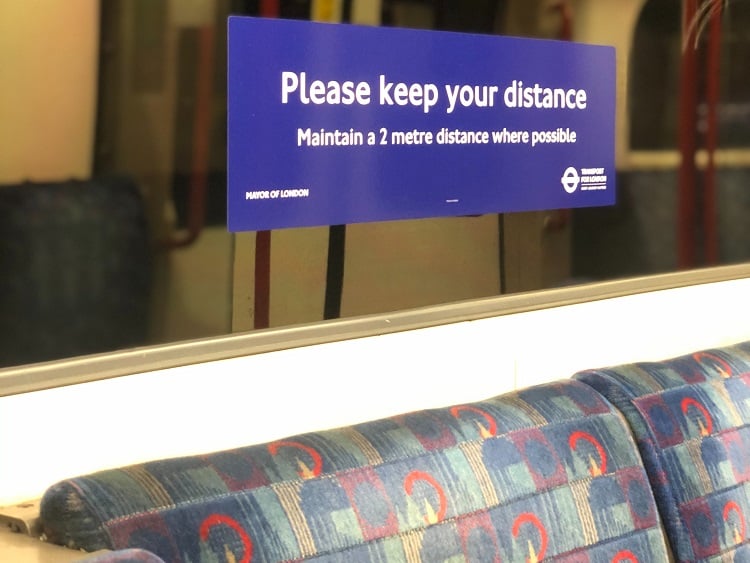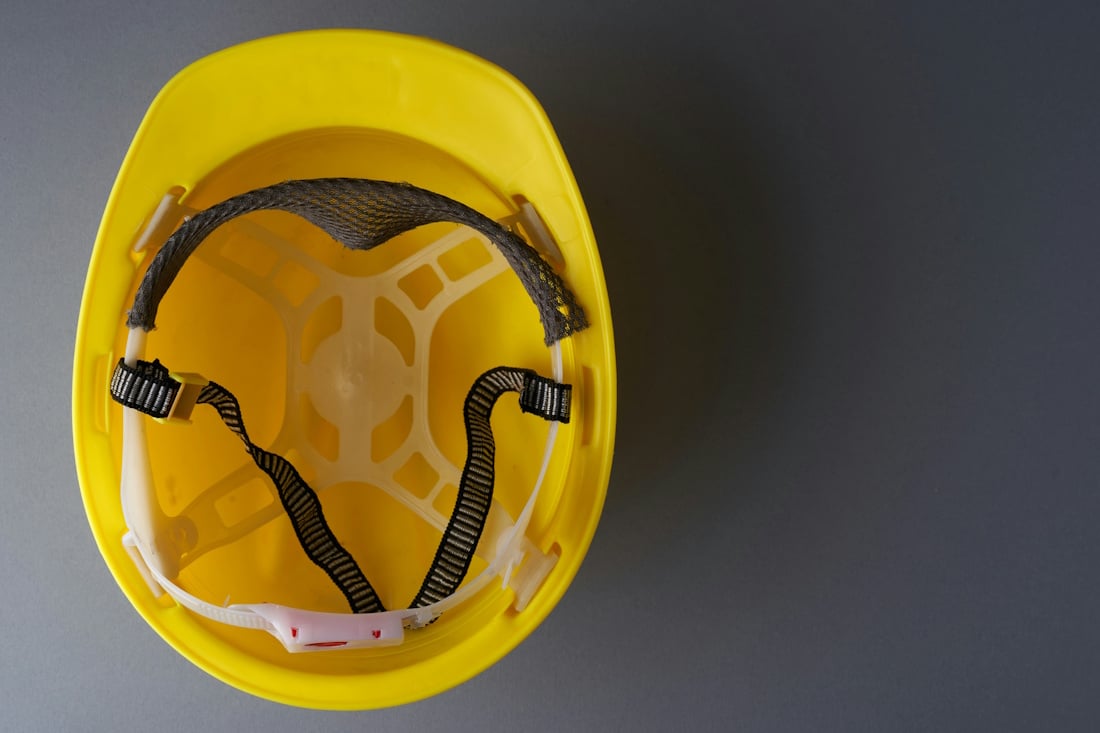Whether we’re talking about our personal lives, the way our local community interacts or how businesses have been run, there is no denying that Covid-19 has affected so many aspects of this. The economy has certainly been affected and experts tell us this is something that is likely to have a long term effect. Between April and June this year, with lockdown measures in place the country entered a recession, with a 20.4% shrink on the economy.

We haven’t seen a recession since 2009, when globally many economies experienced two trading quarters having an economic decline. This time we have seen several industries affected including tourism, theatre, the arts and hospitality. Flexible working spaces have also been affected – but with people being forced to stay at home as much as possible this is no surprise. People are now starting to work from home and switch to remote working in ways we haven’t seen before, which means that flexible offices spaces and the way we’re used to them working are on a short-term break.
What Does This Mean For The Future?
As much as things are quiet at the moment as we await news on restrictions and how the pandemic might affect the rest of our year, experts tell us that won’t be for long. It is expected that with a vaccine in place and social distancing becoming the norm, we could start to see industries pick up during the latter part of 2020 and the start of 2021. We looked at Coworking Resources' latest research which still indicates that we’re on track to have over 40,000 coworking spaces globally by 2024.

If you look back at the history of serviced offices they have generally fared well during times of business uncertainly. In fact, if you look back over the last forty years flexible office and coworking has consistently been on the increase – even throughout events such as Brexit, the Dot Com crash and a financial crisis – all of which have affected many other industries.
There are different reasons why the world of serviced offices may continue to grow, however the biggest will be the demand for more flexibility. Financial crashes and other world events that affect business simply lead company owners to be more reluctant to sign in to long term business agreements, so flexible and managed office spaces are perfect.
Here at FreeOfficeFinder, we looked back at our data to see what this showed. We discovered that 18% of the enquiries made to us up until the end of February 2020 were for leased offices; whereas 82% of people were looking for more managed/serviced office solutions. Since then this has changed with 89% of people now looking for managed/service office. That’s an increase of 8.5% for serviced office enquiries.
It is expected that this will increase further as those with a leased background start to consider more flexible options, especially following the pandemic where many of them have been forced to close or have seen a decrease in demand for their products/services.
Why Are Serviced Office Spaces So Popular?
- Inclusive Costs – Just pay your monthly fee and month things are included
- Flexibility – A business can move in or out of the premises at very short notice
- No Hassle – Building maintenance, cleaning and the setting up of utilities is taken care of
- Furnished – Serviced offices come complete with full office equipment which is one less thing for you to worry about
- Community – You get to share your space with other businesses, providing support and the opportunity to discuss and share ideas.
Why Are Serviced Offices Likely To Do Well?
There are several reasons why serviced offices are so popular and likely to do well. Serviced offices take they worry out of renting office space. Tenants simply pay their monthly fee and all the extras, such as a receptionist, broadband, and facilities for employees and even cleaners for communal areas are taken care of. Everything is in place to take care of the needs of every business, in a hassle-free way for any company that chooses to move in there.

Most serviced office providers are well versed at moving new companies into their premises, which means that it is quick, smooth and efficient. Add to the fact that everything from office furniture to broadband is sorted, so a company can just move straight and get started and you’re onto a winner. What many businesses told us they liked about serviced offices is that they were easy to adapt to the changing needs of businesses including quick adaptions to recent social distancing measures put in place which is something essential for any business that wishes to be successful.
Moving forward it is expected that office space providers will concentrate more on what they offer, above and beyond traditional office space. As people demand more, office space providers will look to integrate things such as gyms, cafés, swimming pools and even spaces to host networking events when we're allowed to – all with keeping the happiness and wellbeing of employees at the forefront of their mind.
What Does The Future Hold?
It is expected that the pandemic will affect how people work, especially with regard to daily commutes. We’ve found that we’re getting enquiries for office spaces that are located just outside cities, as opposed to people insisting they need to be in the centre. This is because many employees are opting to work closer to home, wishing to avoid having to use public transport or take part in long commutes.

In July, a report we published revealed that since May we had seen an increase of 45% in enquiries for offices outside of the M25.
Taking all this into account, people looking to open new serviced offices and/or investigate regional options when it comes to workspaces could experience an increase in interest. We have seen an increase in enquiries regarding people wanting smaller office space in places throughout Zone 2, rather than crowding everyone together in offices elsewhere. Employers are also asking us about the possibility of getting coworking memberships, so they can give their employees the option of working closer to home if they wish.
We predict that once we’re out of this pandemic, the demand for leased offices is likely to fall, as people look to try out more flexible solutions instead.
If you’re looking to make the leap to serviced office spaces, our price guide tool can help you work out the cost.








